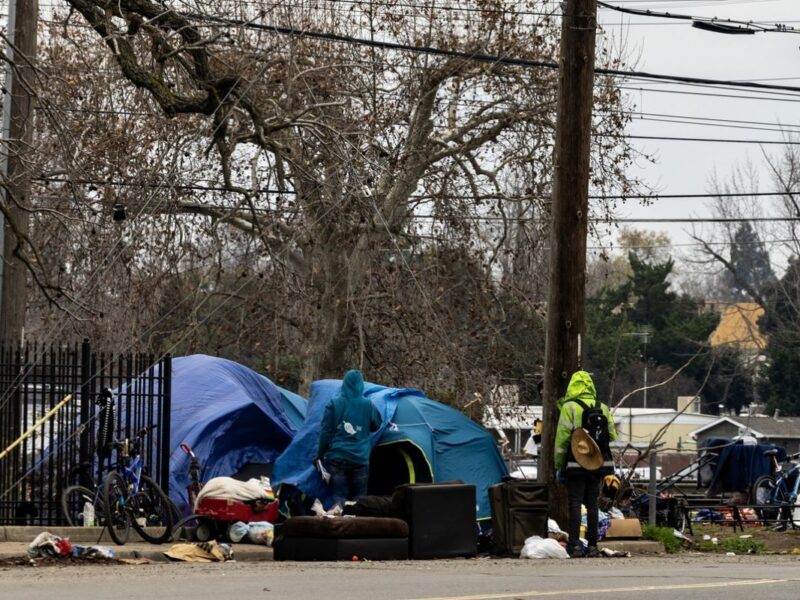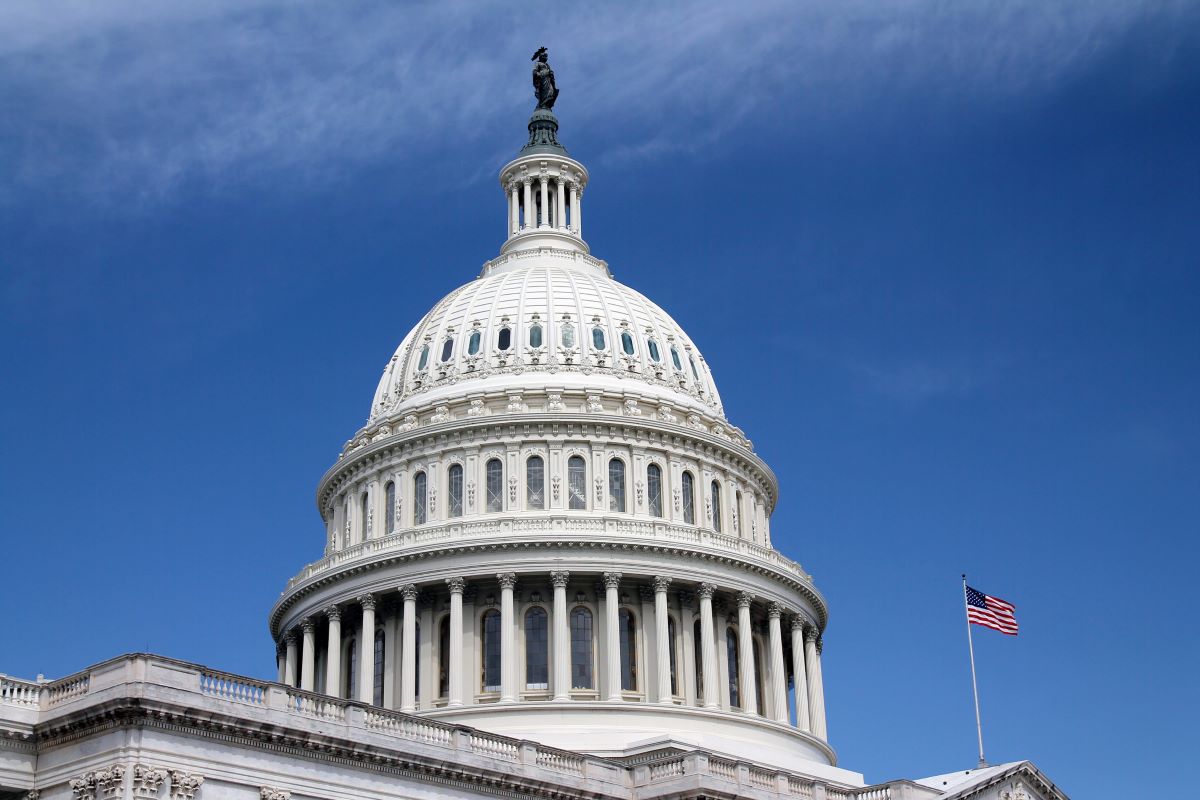House Republicans introduced a funding bill shortly before its August recess that protects rental assistance programs. However, some advocates worry it could make it more difficult for governments to stave off evictions.
Overall, the 2024 draft Transportation, Housing, and Urban Development spending bill would increase the Department of Housing and Urban Development’s budget by about 10% up to $68.2 billion. Despite that increase, important spending programs like the Public Housing Capital fund, which helps fund renovations and maintenance projects at public housing units, and Section 202 Housing for the Elderly vouchers would see significant funding cuts.
The bill also preserves both tenant-based and project-based rental assistance programs, which successfully kept people housed during the pandemic.
For instance, the House bill includes $31.1 billion for tenant-based assistance, which is $878 million above the fiscal year 2023 appropriation levels. It also includes $15.8 billion for project-based assistance, about $913 million above last year’s funding levels.
The House legislation stands in stark contrast to the Senate version of the THUD bill, which includes a lot of funding for housing programs.
For example, the Senate THUD bill would extend the “Yes In My Backyard” grant program, which incentivizes cities and local governments to pass zoning rules that expand the supply of affordable housing. It would also invest $275 million in homeless assistance grants.
Whether the House bill has enough votes to make it to the floor for a full vote remains unclear.
“It’s critical we work to make sure people across our country can keep a roof over their head, aren’t left out in the streets, and can get to where they need to be safely and efficiently—and that’s what this bill helps do,” said Senator Patty Murray (D-WA), who chairs the Senate Appropriations Committee.
Spending on housing programs has been a key point of contention between House Republicans and Democrats since the GOP took control of the House in 2022. House Appropriations Chair Kay Granger said at the THUD bill markup that the spending cuts are designed to help the impacted agencies “get back to [their] core mission” instead of simply spending money on programs.
Right-wing advocacy groups like Citizens Against Government Waste applauded the House bill because it included some of the group’s primary initiatives.
For example, the group wants to cut funding from HUD’s Choice Neighborhoods program, which helps cities support redevelopment efforts in struggling neighborhoods. CAGW estimates the bill could save $185 million in the first year and $925 million over five years.
“The bill advanced out of committee prioritizes critical transportation and housing needs while also spending responsibly,” Republican Congressman Tom Cole said.
However, housing advocates are concerned that the spending cuts, if enacted, could make it harder to prevent people from becoming homeless because of evictions.
In March, HUD Secretary Marcia Fudge sent a letter to the House Appropriations Committee saying that the proposed spending cuts would make it nearly “impossible to stave off mass evictions” and would likely lead to “large increases in the number of people sleeping on the streets.”
“These cuts, in turn, would reduce existing services that families and communities rely on, including programs housing low-income families,” Fudge wrote.
How You Can Help
Now is not the time to be silent about homelessness in the United States or anywhere else. Unhoused people deserve safe and sanitary housing just as much as those who can afford rent or mortgage.
Poverty and homelessness are both policy choices, not personal failures. That’s why we need you to contact your officials and tell them you support legislation that:
- Streamlines the development of affordable housing
- Reduces barriers for people experiencing homelessness to enter permanent housing
- Bolsters government response to homelessness
Together, we can end homelessness.











